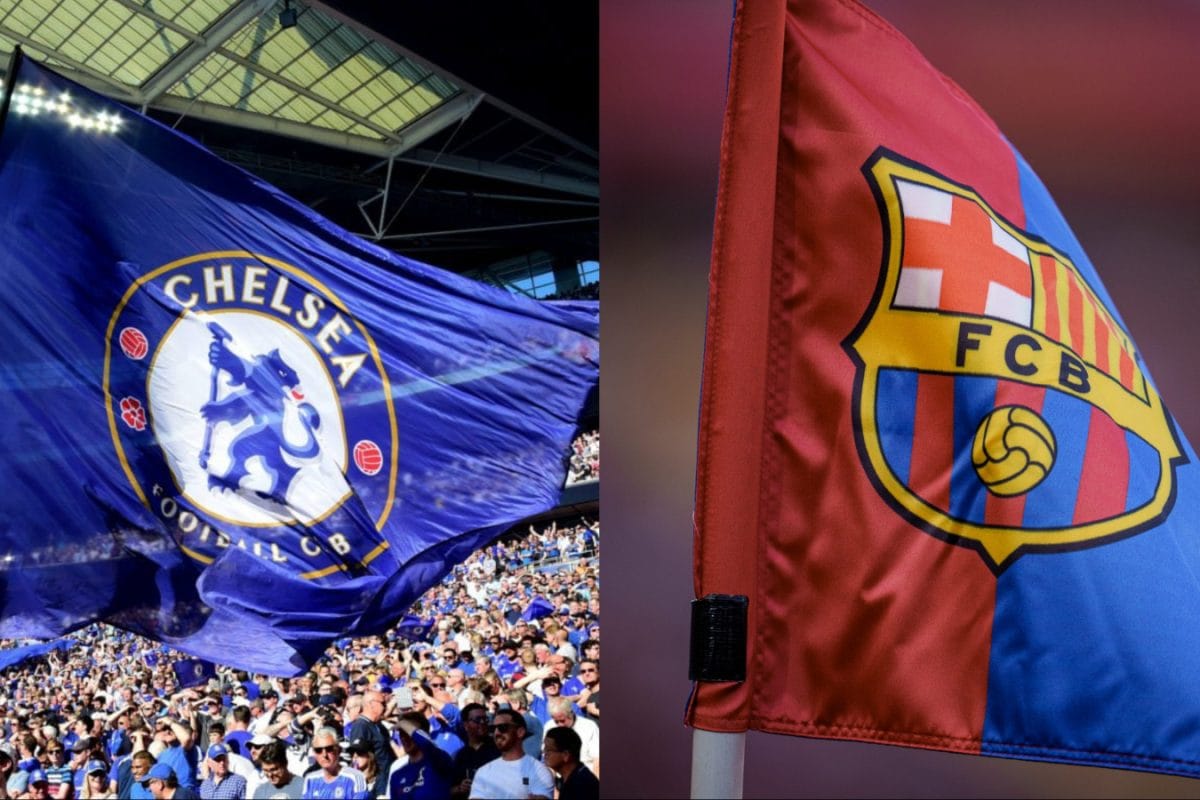

UEFA, the governing body for European football, has recently levied significant fines against Chelsea and Barcelona for breaches of its financial regulations. These penalties underscore UEFA's commitment to enforcing Financial Fair Play (FFP) and ensuring the financial stability of clubs participating in its competitions.
Chelsea has been handed a staggering fine for violating financial sustainability guidelines. The club must pay £27 million. However, this figure could potentially rise by an additional £52 million if the club fails to adhere to the terms of a four-year settlement agreement reached with UEFA. Beyond the immediate financial penalty, Chelsea also faces potential restrictions on registering new players for the upcoming Champions League season. The investigation into Chelsea's finances focused, in part, on the sale of two hotels between subsidiaries of the club's holding company, Blueco 22 Ltd. Additionally, Chelsea breached the "squad cost rule," which stipulates that clubs cannot spend more than 80% of their revenue on player wages, contracts, and agent fees. For this violation, they face an additional fine.
Barcelona has also been penalized for FFP breaches. The Catalan club has been ordered to pay €15 million. The breaches relate to the club's financial activities dating back to 2022, specifically the activation of "economic levers," which involved selling club assets to generate revenue. While La Liga accepted these deals, UEFA did not recognize the revenue generated as "operating income". This discrepancy led to the fine, which is part of a settlement agreement between Barcelona and UEFA. The club had been facing major sanctions worth around €60 million, but after discussions between UEFA president Aleksander Ceferin and Barça chief Joan Laporta, the unconditional fine has been set at €15 million.
UEFA's Financial Fair Play (FFP) regulations, now known as Financial Sustainability Regulations, were established to prevent clubs from spending beyond their means and accumulating unsustainable debt. The regulations aim to promote financial stability, encourage responsible spending, and protect the long-term viability of European club football. UEFA brought in the 'squad cost rule', stating clubs can not exceed 70% of its revenue on transfers, wages and agent fees.
The penalties imposed on Chelsea and Barcelona serve as a stark reminder of UEFA's commitment to enforcing its financial regulations. These measures are designed to ensure fair competition and the long-term health of European football. By holding clubs accountable for their financial dealings, UEFA aims to create a more sustainable and equitable environment for all participants.